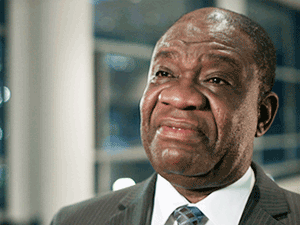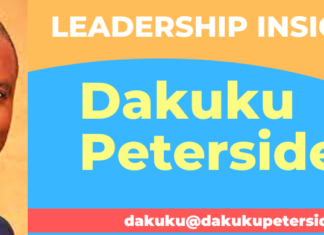Unstable power supply by the National Electricity Power Supply (NEPA) which became the Power Holding Company of Nigeria (PHCN) was caused by layers of inadequacy, including negligence, project abandonment, and failure to develop human capital.
This was disclosed by Power Minister, Chinedu Nebo, when he visited TheNiche office in Lagos.
He said for over 30 years, the three major hydro stations of Kainji, Jebba, and Shiroro were not overhauled just as Egbin thermal station, the biggest in the nation, has one of its turbines blown up and remained unrepaired for nine years.
Besides, he added, the National Integrated Power Project (NIIP) was left comatose for years, and the Rural Electrification Agency (REA) was scrapped by the administration of former President Olusegun Obasanjo.
To Nebo, more alarming is the disclosure that for 16 years, NEPA/PHCN did not hire a single engineer, thereby stagnating the most critical arm of the organisation.
Hundreds of transformers meant to boost the power supply were abandoned at the Lagos ports for years, suffering from wear and tear, before the intervention of the ministry.
Multifaceted solution
But Nebo gave an assurance of hope in the horizon because of the efforts President Goodluck Jonathan has put into the sector as well as emergence of private investors in the sector.
He disclosed that Jebba and Kainji would soon go back to their initial capacity as they are being overhauled, and Egbin will come alive fully. It will add 220 megawatts.
“Egbin is now back to installed capacity. In the next couple of days Mr president will be in Lagos to commission the sixth turbine of Egbin power plant; the largest power plant in the country,” he said.
The 10 NIPPs will soon become operation as all the infrastructure have been put in place, he added.
Zugeru hydro power, on the drawing board for 30 years; and Mabilla, in the pipeline plan for 50 years, have been factored into the new electricity master plan.
Mabbilla alone, when operational, will produce more than 3,000 megawatts (mw).
Nebo said the government is also working on about a dozen medium and small hydro stations, has a holistic approach to solve power problems, and is considering a ‘fuel mix’ which includes hydro, charcoal, solar, and bio-mass (renewable energy), among others.
Licences have been granted to people willing to mine charcoal for power generation and over 1,000 engineers have been hired for electricity distribution.
Nebo advocated that one of the easiest ways to get out of the predicament is for Nigerians to embrace solar energy.
“Down through the year, you don’t have to buy fuel, you use sunlight,” he reiterated.
He also canvassed the use of ‘embedded’ power generation and distribution, which is far cheaper.
Nebo, however, bemoaned the activities of vandals who burst the gas pipelines every now and then thereby disrupting the flow of gas needed for power generation.
Vandalism
He said the country currently generates about 4,000 mw and can do better but for the vandalism of infrastructure.
“Vandalism is taken a toll on us … because 70 per cent of our power generation is from gas-fired turbines and 30 per cent hydro.”
The ministry has decided to partner with the security agents to curb the activities of the vandals and plans to embark on digitalised surveillance of pipelines to make vandalism near impossible.
Nebo disclosed that the government has decided to give out 1,000,000 meters, because over “50 per cent of Nigerians are not metered.”
He applauded the privatisation of the electricity sector and assured that good days are ahead when darkness will vanish.
He said the Nigerian Electricity Regulation Commission (NERC) is monitoring the private companies and will sanction power generators and distributors which fail to deliver.
















